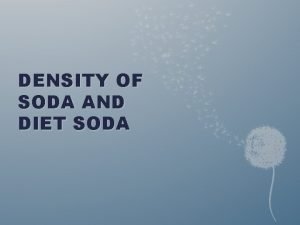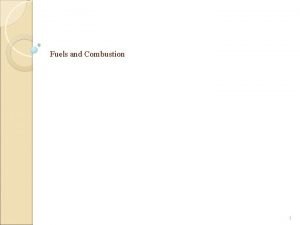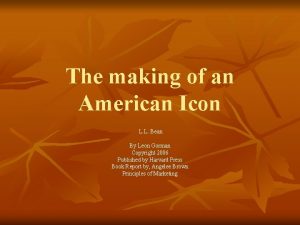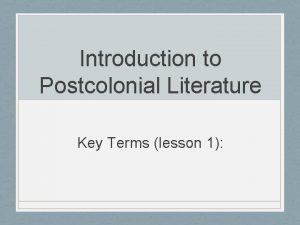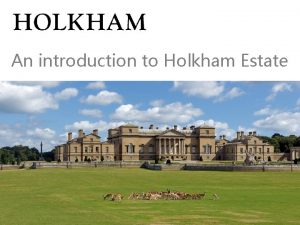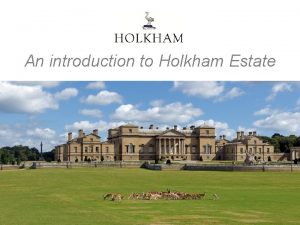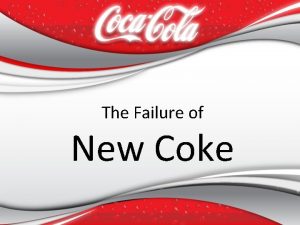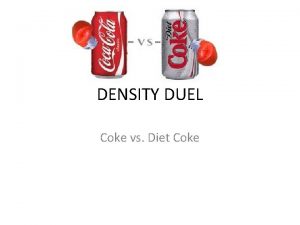An introduction to Holkham Estate THE COKE FAMILY











- Slides: 11

An introduction to Holkham Estate

THE COKE FAMILY Sir Edward Coke Lord Chief Justice and founder of family fortune. (1552 -1634) Thomas Coke 1 st Earl of Leicester, builder of Holkham Hall and art collector. (1697 -1759) Thomas Coke Current and 8 th Earl of Leicester, lives in the hall with his family.

THE BUILDING OF THE HALL Palladian style – Roman/Italian influence Designed by architect William Kent 4 ‘wings’ make it symmetrical Built in 1738 – 68 Real home to the Earl of Leicester, Lady Leicester and their 4 children

CHANGES TO THE HALL 1865 - New water supply fitted 1850 s - Stable block added and Old Kitchen refurbished 1900 s - Electricity installed 2014 - Biomass boiler heating replaces oil

THE GRAND TOUR AND ART COLLECTION The 1 st Earl made a ‘Grand Tour’ of Europe for six years at age 18 He collected 250 paintings and sculptures, mainly from Italy Very famous painters, including Rubens, Van Dyck and Procaccini

HOLKHAM PARK Red Deer and Fallow Deer herds 1 mile long lake dug by hand Monument in memory of Thomas William Coke, who became famous for farming Ice house and walled gardens

FARMING METHODS AND INNOVATIONS 7, 500 acres – 3, 750 football pitches Grow barley for beer, sugar beet for sugar, potatoes to eat, oil seed rape for cooking oil, wheat for flour, haylage for feeding cattle and maize for bio-gas Small herd of cows and flock of sheep are used for grazing Famous for game shooting – Grey Partridges

NATIONAL NATURE RESERVE 18 km of coastline from Burnham Overy to Blakeney Site of Special Scientific Interest (SSSI) Habitats: Grazing Marsh, Pinewoods, Salt Marsh, Sand Dunes, Beach Protected for the wildlife Only UK breeding site for Spoonbills!

A TOURIST DESTINATION The north Norfolk Coast is a destination for day visitors and holidaymakers Tourism provides lots of jobs locally 130, 000 visitors to the hall and park per year 500, 000 visitors to the beach and nature reserve per year Cycle hire, lake activities, events, concerts, holiday activities

PRE-VISIT ACTIVITIES Research Holkham Hall and create a fact file. Where is it? When was it built? Who lives in it? Why do people visit it? Find a painting by Van Dyck, Rubens or Procaccini. What do you think about it? How does it make you feel? What story is it telling? Think about what different jobs people did at Holkham and still do e. g. Farmer, Gardener, Game Keeper, Butler, Nanny, Servant. Write a ‘Day in the Life’ diary entry for your chosen job. List the different machinery used on a farm today – what was used before tractors and combine harvesters? Research, draw and label farm machinery from the 18 th and 19 th centuries. What toys did children have in the 18 th and 19 th centuries and what games did they play? Complete an illustrated research project and try playing some of the games.

PRE-VISIT ACTIVITIES Devise a code of conduct for woodland beach exploring (H&S, Citizenship, PSCHE). Think about what style to write in and which type of verbs to use. Find out which types of birds, mammals and insects you may see on the beach. Why is the beach a good habitat for these creatures? Discuss the terms ‘minibeast’ and ‘invertebrate’. Compare and contrast with other animals including themselves. For example, appearance, lifestyle, movement, how they breathe. Research and design a food chain diagram or piece of artwork to illustrate a typical woodland or coastal food chain. How can the existence of food chains be put at risk? Find an inspiring image of a nature reserve, a beach, a woodland or a seascape. Write a poem or short story about your chosen image.
